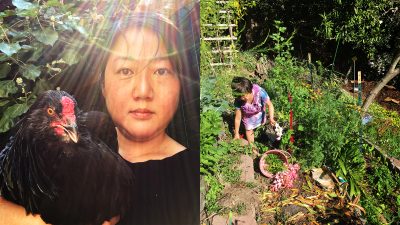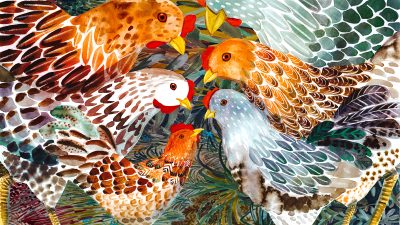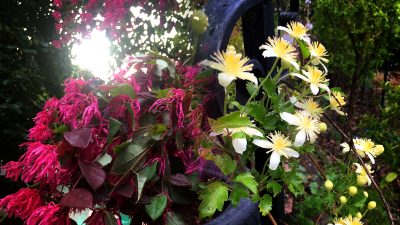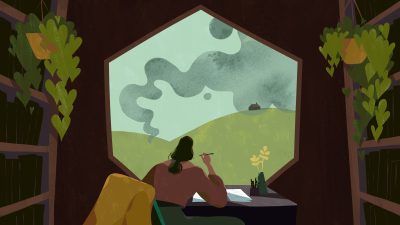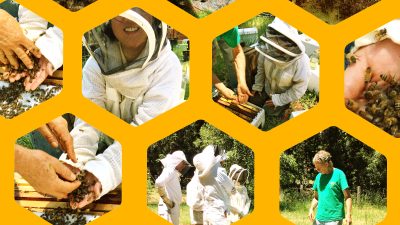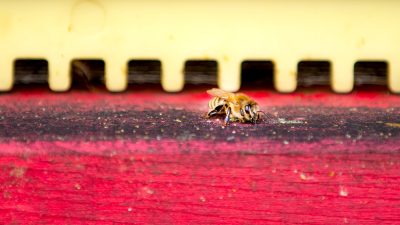How to Be a Husband
I was husbanding—providing for my household by physically taking care of my land and livestock. And they were providing for me.
Unlearning What the Patriarchy Taught Me About the Pecking Order of Women
In my flocks, I’ve borne witness to what I fear.
How Do We Overcome Trauma?
I categorized the sexual assault under things that were my fault. “It was not that bad,” I told myself. “Others have been through worse.”
Sheltering in Place in My Backyard Garden
This period of social isolation is, I’ve told my child, an act of love for others. We are, whether we want to admit it or not, part of a herd.
When My Marriage Ended, I Learned to Relish the Space I Was Given
Being left behind is not a disadvantage. It is an opportunity to grow and an opportunity to live life on my own terms.
What I Learned from the Master Beekeeper
He prefaces all his beekeeping sessions with a proposal to examine hives without gloves. It teaches a beekeeper to be more gentle. It’s easier to be gentle without gloves.
Finding a Way Forward After Failure and Heartbreak, in Life and on the Farm
I was single for the first time in eighteen years. I felt unmoored. For the first time in eighteen years, everything was new, including me.
At My Urban Farm, I’m Growing My Family and Growing Our Sanctuary
By farming, I connect back to my own culture. To, pun intended, my roots. To what it means to be a child of immigrants and help things grow.
Learning How to Be Gentle in the Face of Trauma—Others’ and My Own
Bees do not attack—just as trauma survivors do not attack, but rather defend. She will not sting you unless she believes the colony’s life depends on her defense. Because when she stings you, she dies.
Turning Our Garden’s Bounty Into Community
Nature is never obedient. It rallies forward. This is the reality on a farm: The bounty comes all at once.

